Anxiety vs. ADHD in Adults: What is the Difference ?
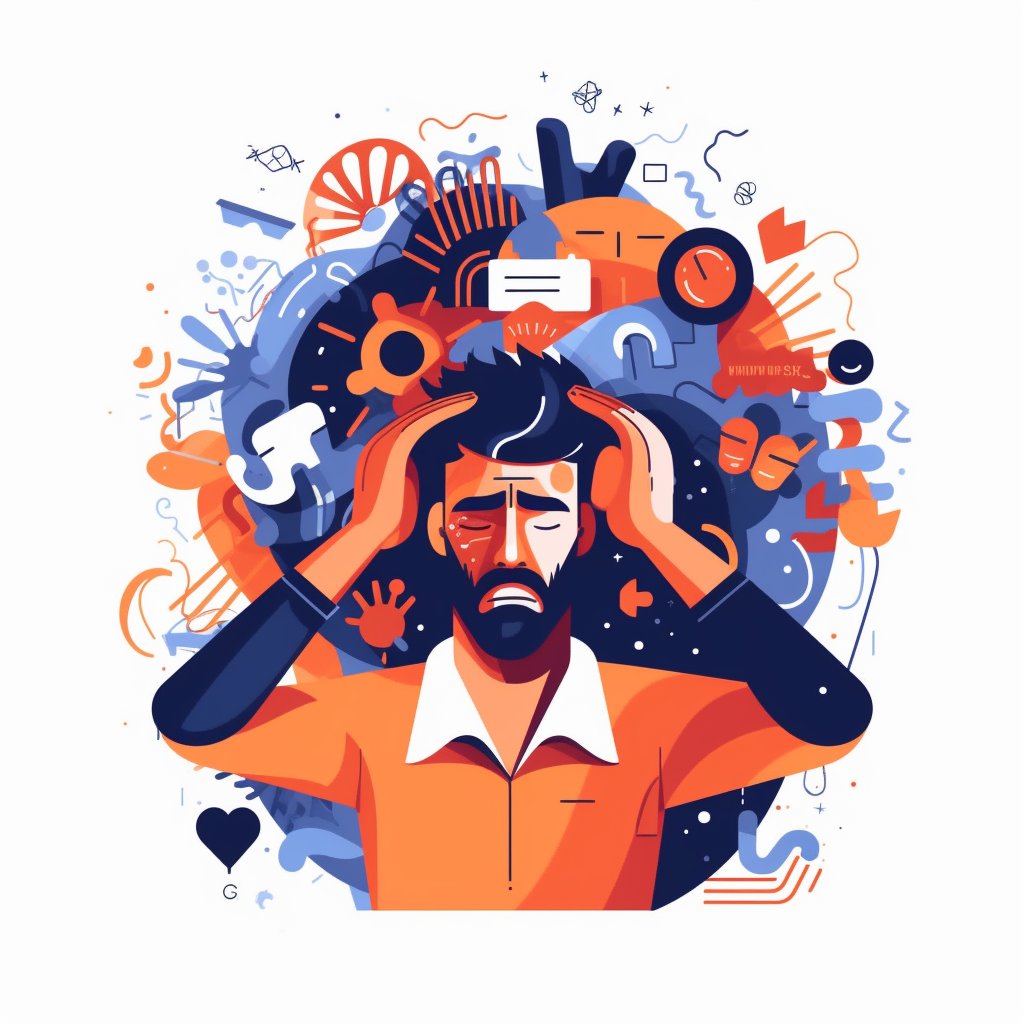
Anxiety and Attention Deficit Hyperactivity Disorder (ADHD) are two commonly diagnosed mental health conditions among adults. While they may share some similarities, there are significant differences between the two disorders. Understanding these differences is crucial in determining the appropriate treatment for each condition.
It is not uncommon for adults to experience symptoms of both anxiety and ADHD, which can make it challenging to distinguish between the two.
This article will explore the differences between ADHD and anxiety in adults. We will look at each condition’s symptoms, causes, diagnosis, and treatment options. By the end of this article, you’ll have a better understanding of anxiety vs. ADHD in adults and how to differentiate between the two.
Anxiety in Adults
Anxiety is a feeling of fear, worry, or unease about a particular event or situation. It is a natural response to stress and can help us cope with challenging situations. However, if the feelings of anxiety are excessive or prolonged, it can interfere with daily life and lead to anxiety disorders.
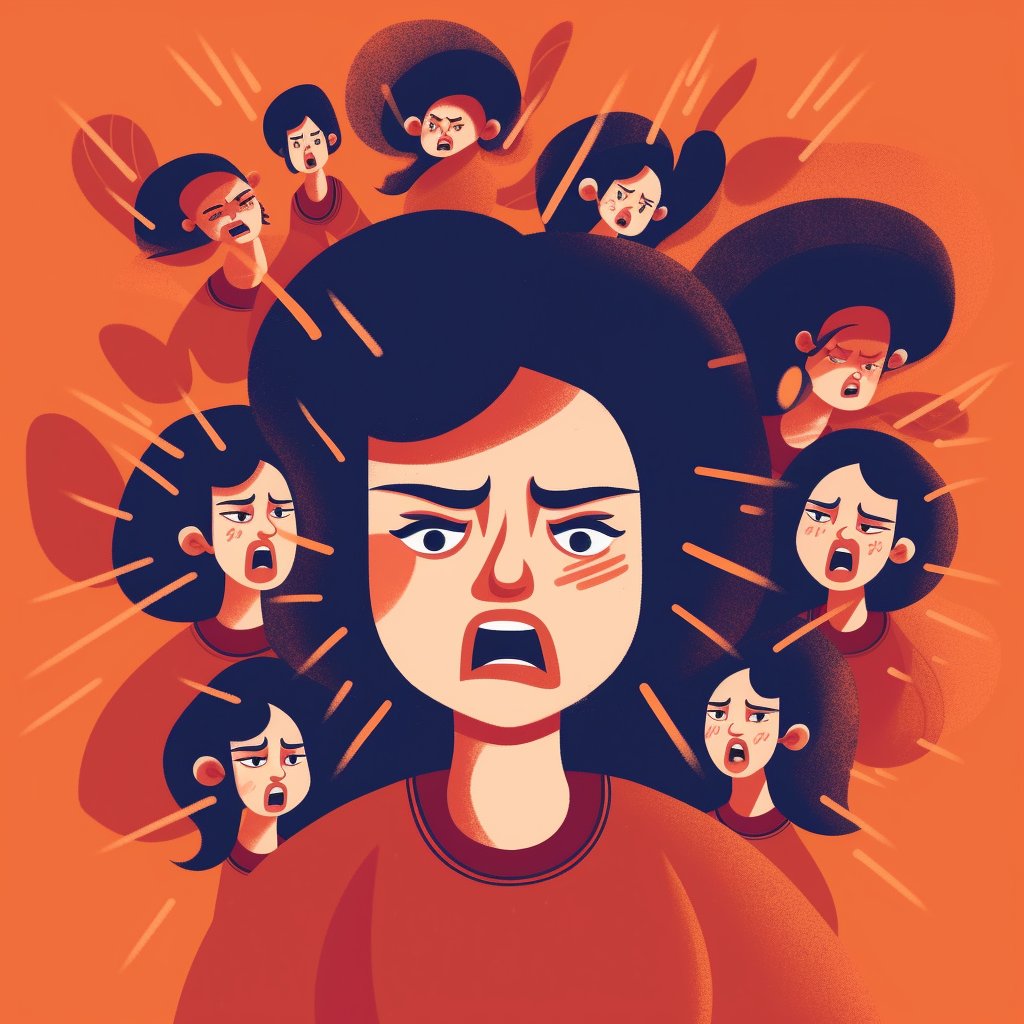
Symptoms of Anxiety
The symptoms of anxiety can vary from person to person. Some of the common symptoms include:
- Feeling restless or on edge
- Increased heart rate or palpitations
- Sweating or trembling
- Difficulty sleeping or staying asleep
- Fatigue or exhaustion
- Difficulty concentrating or focusing
- Irritability or agitation
- Panic attacks

How Anxiety Affects Adults
Anxiety can affect adults in various ways, including their physical health, mental health, and social life. Anxiety can cause chronic stress, which can lead to physical health problems such as heart disease, digestive disorders, and immune system dysfunction. It can also interfere with work or academic performance, making it difficult to focus or concentrate. Anxiety can also cause social isolation, leading to a lack of social support, which can worsen anxiety symptoms.
Common Types of Anxiety Disorders
There are several types of anxiety disorders, each with its unique symptoms and triggers. The most common types of anxiety disorders include:
- Generalized anxiety disorder (GAD): A condition characterized by excessive and unrealistic worry about everyday life events.
- Panic disorder: A condition characterized by sudden and unexpected panic attacks.
- Social anxiety disorder: A condition characterized by an extreme fear of social situations.
- Obsessive-compulsive disorder (OCD): A condition characterized by obsessive thoughts and compulsive behaviors.
- Post-traumatic stress disorder (PTSD): A condition characterized by flashbacks, nightmares, and other symptoms after experiencing a traumatic event.
ADHD in Adults
ADHD is a condition that affects an individual’s ability to focus, pay attention, and control their impulses. It is a chronic condition that usually starts in childhood and can persist into adulthood. ADHD can be classified into three types: inattentive, hyperactive-impulsive, or combined.
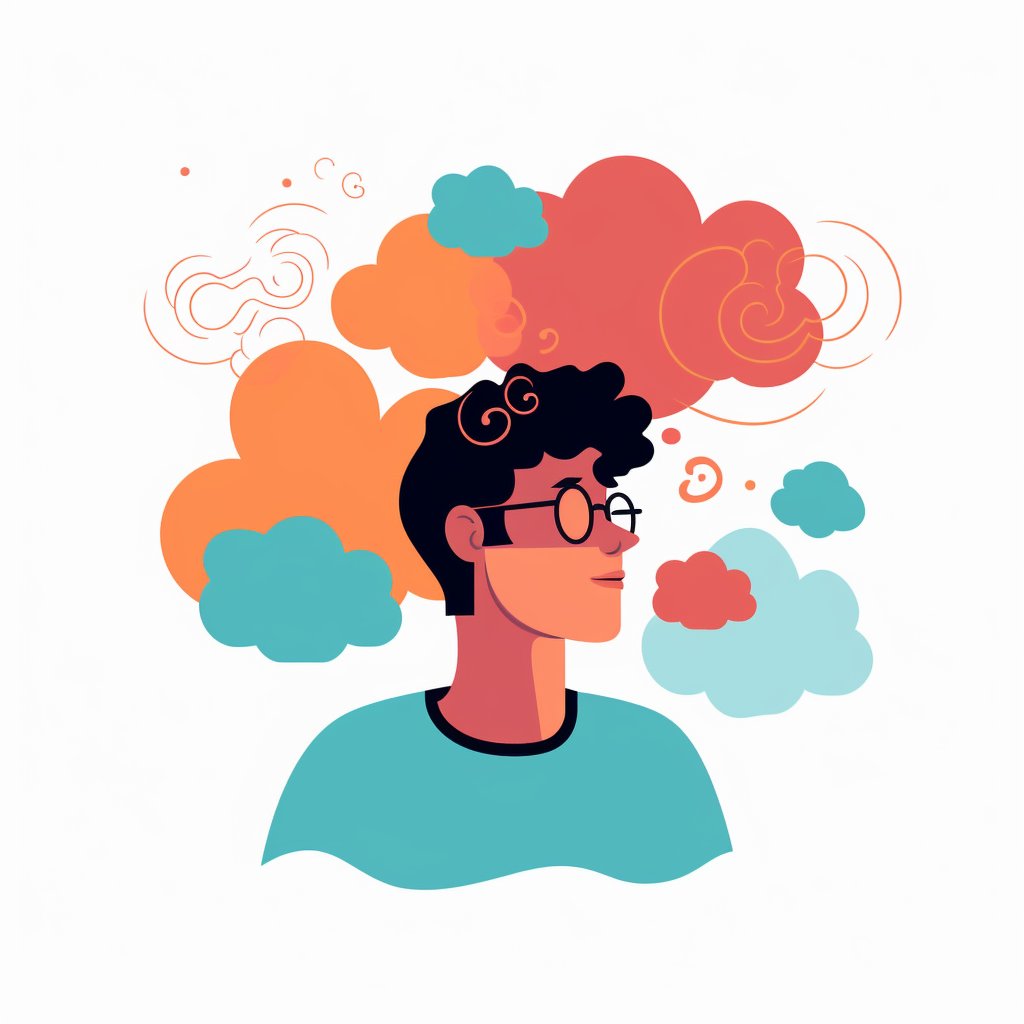
Symptoms of ADHD
Depending on the type of ADHD a person has, their specific symptoms of ADHD might differ. Common signs of the condition include:
- Inattention: Difficulty paying attention, losing things, forgetting details, and being easily distracted.
- Hyperactivity: Restlessness, fidgeting, talking excessively, and interrupting others.
- Impulsivity: Acting without thinking, interrupting others, and engaging in risky behavior.
| Suggestion: ADHD and Echolalia
How ADHD Affects Adults
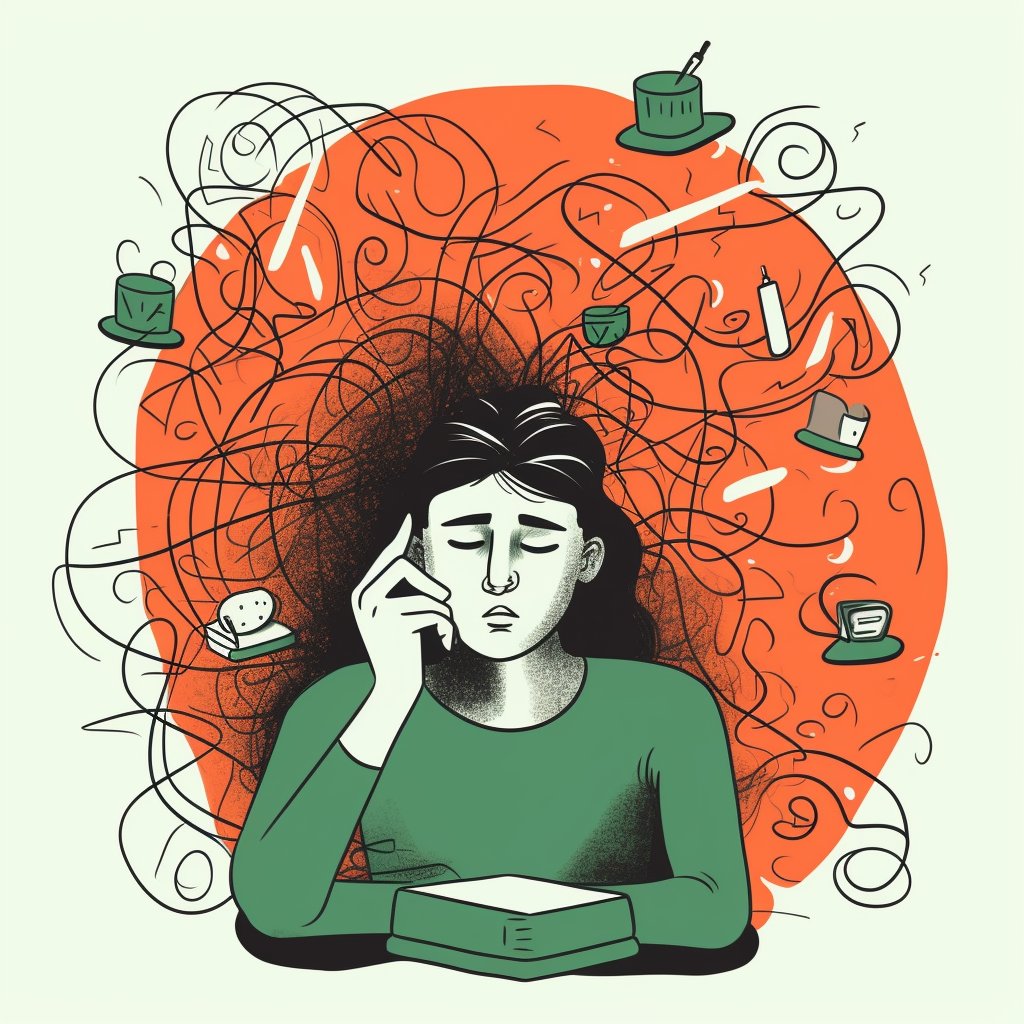
According to APA, adults with ADHD may experience diverse effects on their careers, academic achievements, and social lives. Adults with ADHD may have difficulty organizing tasks, managing time, and completing projects. They may also struggle with maintaining relationships, as they can be impulsive and have difficulty listening to others. ADHD can also lead to anxiety, depression, and other mental health conditions.
Common Types of ADHD
There are three types of ADHD, and each has a different set of symptoms:
- Inattentive type: Difficulty paying attention, forgetfulness, and disorganization.
- Hyperactive-impulsive type: Hyperactivity, restlessness, and impulsivity.
- Combined type: A combination of inattentive and hyperactive-impulsive symptoms.
…to note that ADHD symptoms can change over time, and individuals may experience different symptoms during different stages of their lives.
Differences Between ADHD and Anxiety in Adults
recognizing anxiety vs. ADHD in adults can be challenging because these conditions share some overlapping symptoms. However, understanding the key differences between the two is essential for proper diagnosis and treatment. In the following, we will discuss the differences between anxiety and ADHD in adults, including their symptoms, causes, and tools for diagnosis and assessment.
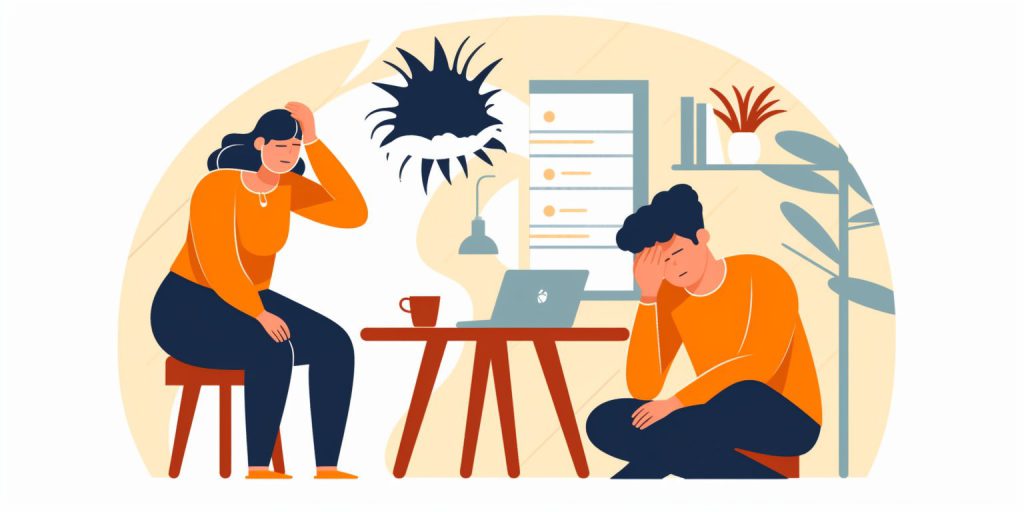
Overlapping symptoms
Both anxiety disorders and ADHD can cause symptoms such as restlessness, difficulty concentrating, and irritability. This overlap can make it challenging to differentiate between the two conditions.
Key differences
- Attention and focus: One of the main differences between anxiety and ADHD is inattention. While anxiety can cause difficulty concentrating, it is usually related to worry or fear. In contrast, individuals with ADHD have difficulty sustaining attention and may struggle with completing tasks or following through on commitments.
- Impulsivity and hyperactivity: Impulsivity and hyperactivity are two more major distinctions between ADHD and anxiety in adults. While anxiety might make you feel tense and physically restless, it usually doesn’t involve making rash decisions. On the other hand, people with ADHD could act impulsively, interrupt others, or have trouble waiting their turn.
- Emotional regulation: Anxiety and ADHD can both impact emotional regulation, but in different ways. Anxiety can cause excessive worry and fear, while ADHD can lead to impatience, frustration, and outbursts of anger.
- Causes and triggers: The causes and triggers of anxiety disorders and ADHD can also differ. Anxiety disorders are often related to stress, trauma, or a specific phobia, while ADHD is primarily a neurodevelopmental disorder.
Tools for Diagnosis and Assessment
Diagnosing anxiety disorders and ADHD requires a thorough assessment of symptoms, medical history, and lifestyle factors. Tools such as self-report questionnaires, clinical interviews, and behavioral observations can aid in the diagnosis process. Additionally, brain imaging and genetic testing may provide further insights into the causes of these conditions.
Are Anxiety and ADHD Related?
While anxiety disorders and ADHD can share some overlapping symptoms, they differ in their causes, triggers, and key features. For an accurate diagnosis and treatment, it is crucial to comprehend these variances. If you or someone you know is experiencing symptoms of anxiety or ADHD, seeking professional help from a mental health provider is recommended.
Treatment Options for Anxiety and ADHD in Adults
Treating anxiety disorders and ADHD in adults can involve a combination of medication, therapy, and lifestyle changes. In the following sections, we will explain the treatment options available for both conditions, including the benefits and potential risks of each.

Medication
Medication can be an effective treatment option for both anxiety disorders and ADHD. According to WebMD, Antidepressants and anti-anxiety medications, such as selective serotonin reuptake inhibitors (SSRIs) and benzodiazepines, may be prescribed for anxiety. Stimulant medications, such as methylphenidate and amphetamines, are commonly used to treat ADHD. However, these medications can have side effects and may not be suitable for everyone.
Therapy
According to the Center For Anxiety Disorders, therapy can help individuals with anxiety disorders and ADHD learn coping strategies and improve their overall well-being. Some common types of therapy for these conditions include:
- Cognitive-behavioral therapy (CBT): CBT helps individuals learn to recognize and change negative thought patterns and behaviors that contribute to anxiety and ADHD symptoms.
- Mindfulness-based therapies: Mindfulness-based therapies, such as mindfulness-based stress reduction (MBSR) and acceptance and commitment therapy (ACT), can help individuals learn to be more present and accepting of their thoughts and emotions.
- Other psychotherapies: Other psychotherapies, such as psychodynamic therapy and interpersonal therapy, may be helpful for some individuals.
Lifestyle Changes
Lifestyle changes can also be beneficial for managing anxiety disorders and ADHD symptoms. These may include:
- Exercise: Regular exercise can help reduce symptoms of anxiety and ADHD by releasing endorphins and improving focus.
- Sleep hygiene: Getting adequate sleep is essential for both conditions, and establishing good sleep habits can be helpful.
- Stress management: Learning stress management techniques, such as deep breathing and relaxation techniques, can help reduce anxiety and improve focus.
…to work with a mental health provider to develop an individualized treatment plan that addresses specific symptoms and needs. With proper treatment, individuals with anxiety disorders and ADHD can learn to manage their symptoms and improve their overall quality of life.
Living with Anxiety and ADHD in Adults
ADHD and anxiety can affect adults differently, and individuals with one condition may be more likely to develop the other. People with ADHD may experience more anxiety due to the challenges they face in daily life, such as forgetfulness and difficulty completing tasks. Similarly, individuals with anxiety may find it challenging to focus or concentrate on tasks, leading to an ADHD diagnosis.
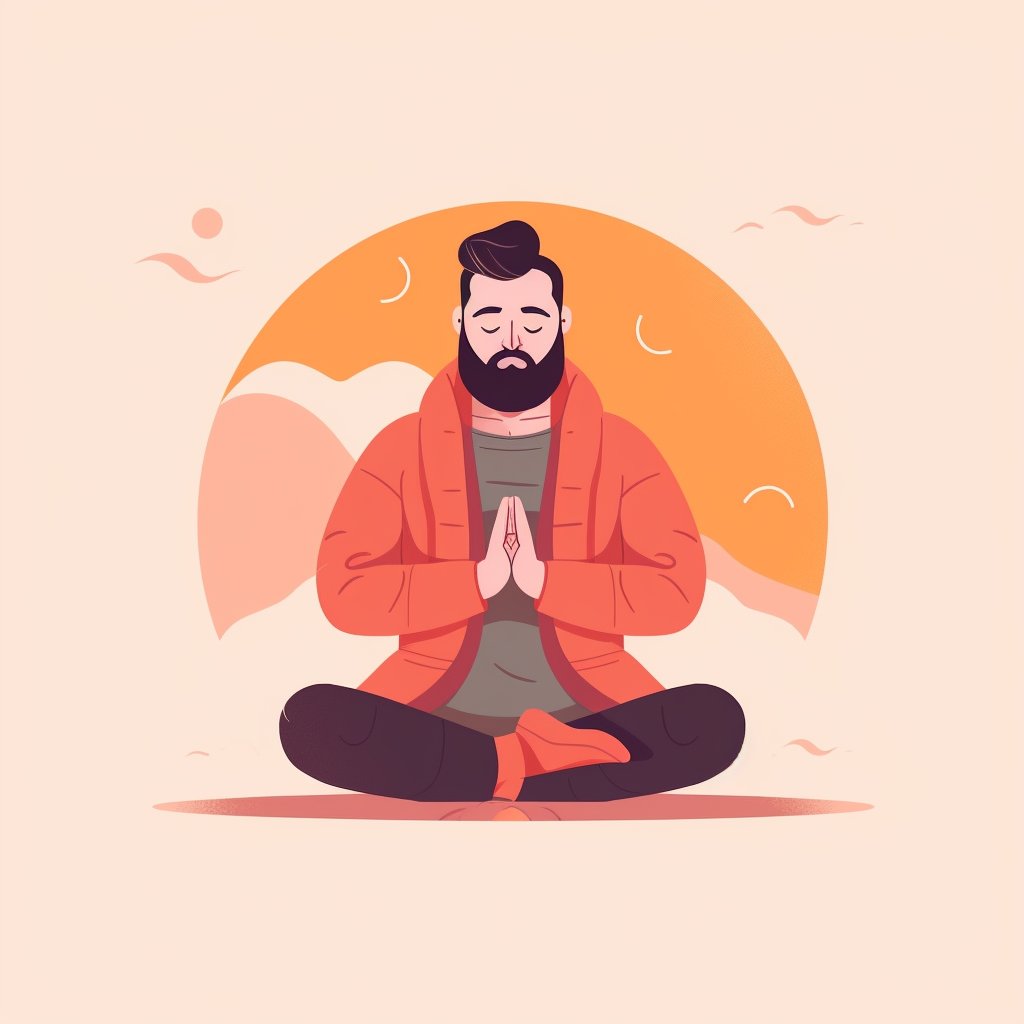
Coping Strategies
There are various coping strategies individuals with anxiety and ADHD can use to manage their symptoms. These include practicing mindfulness, prioritizing self-care, creating a structured routine, and setting achievable goals. Developing coping strategies can help individuals feel more in control of their symptoms and improve their overall well-being.
Support and Resources
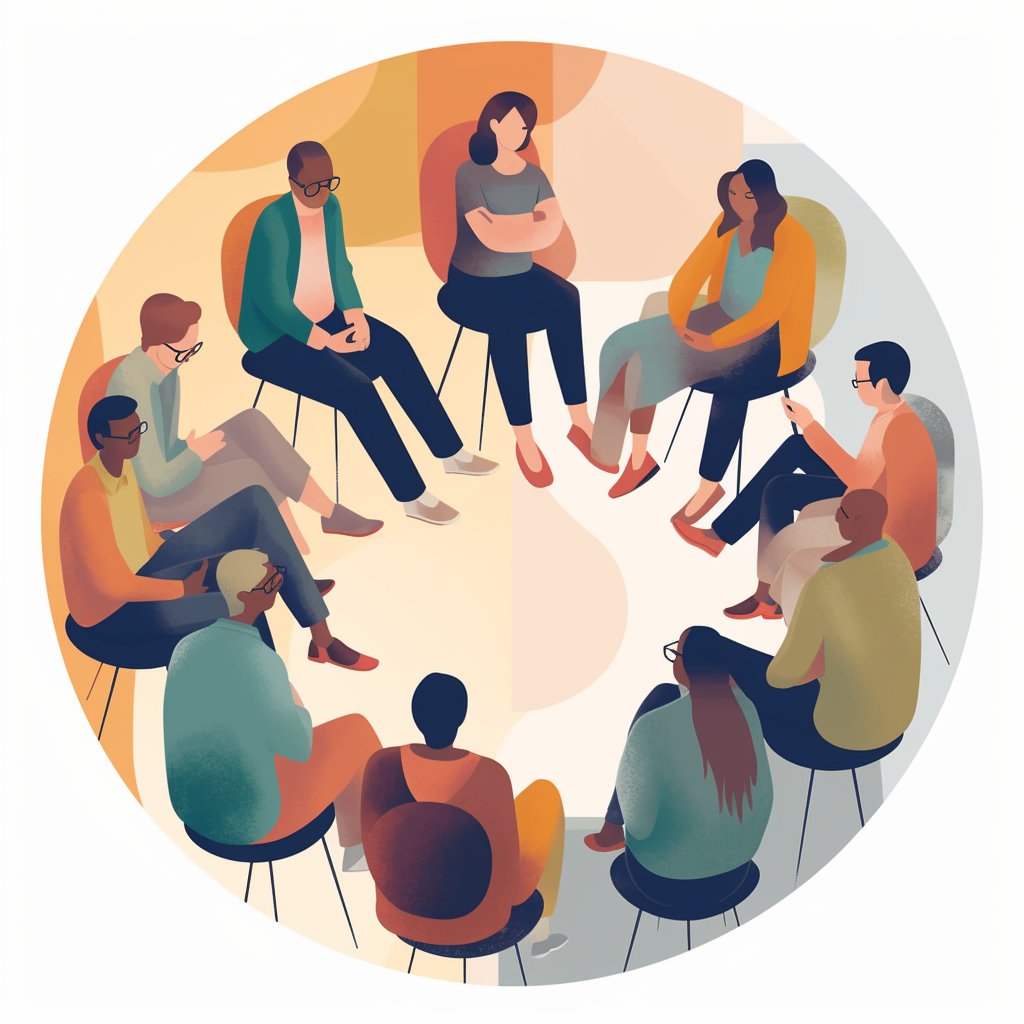
People with anxiety and ADHD can access a variety of resources. These include therapy, medication, support groups, and online resources. Working with a mental health professional can be particularly helpful in developing coping strategies and finding the right treatment approach.
Advice for Loved Ones
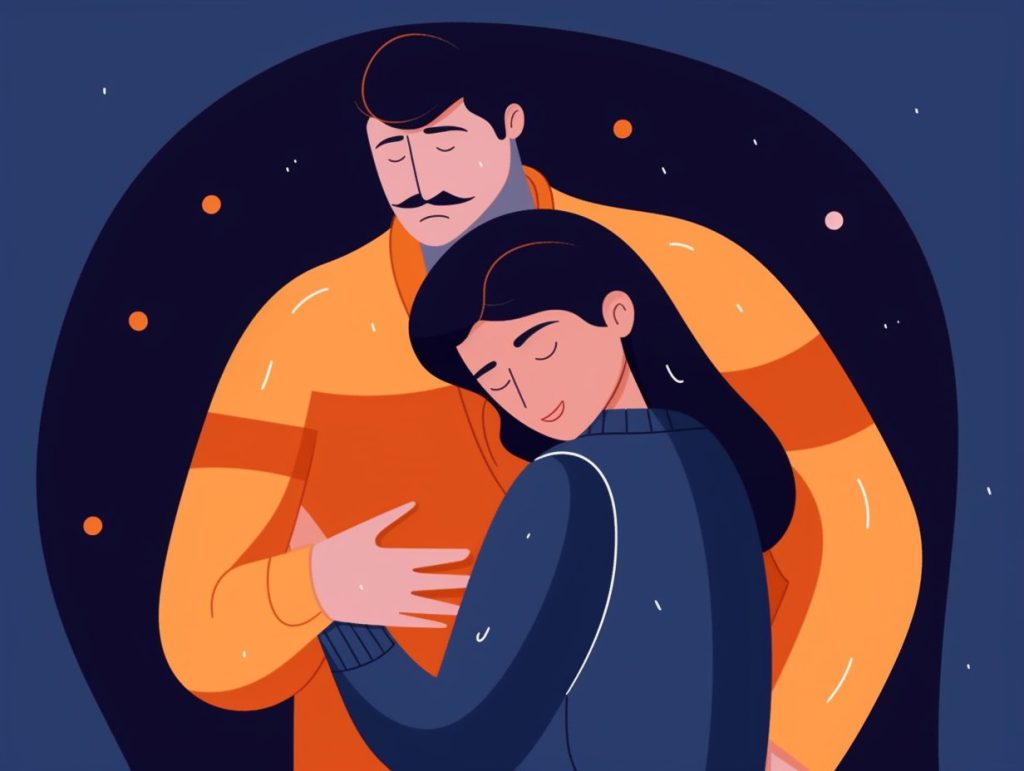
It can be challenging to support a loved one with anxiety or ADHD, but there are things you can do to help. These include educating yourself about the condition, offering emotional support, and providing practical help such as assisting with tasks or accompanying your loved one to appointments. Additionally, avoiding judgment and providing a safe and supportive environment can be beneficial for your loved one’s mental health.
Does your MBTI personality type put you at risk of ADHD?
Learn more:
ADHD and MBTI | A Comprehensive Overview
HealWiser’s Last Piece of Advice
It is crucial to distinguish between anxiety and ADHD in adults as they share some similar symptoms, which can lead to misdiagnosis and mistreatment. It is important to consider the key points mentioned throughout this article, such as the prevalence of anxiety and ADHD in adults, the different symptoms and diagnostic criteria, and the various treatment options available.
While anxiety and ADHD can coexist in some cases, it is essential to recognize that they are two distinct disorders with unique underlying causes and mechanisms. Therefore, it is crucial to seek a professional diagnosis to ensure proper treatment and management of symptoms.
Moving forward, it is important to continue researching and developing new approaches for diagnosing and treating anxiety and ADHD in adults. By doing so, we can improve the quality of life for individuals struggling with these disorders and ensure they receive the best possible care.
Sharing your experience can provide valuable insights and emotional support. So…
…share your story with Heal Wiser and others in the comments section below this post.
References:
www.centerforanxietydisorders.com






